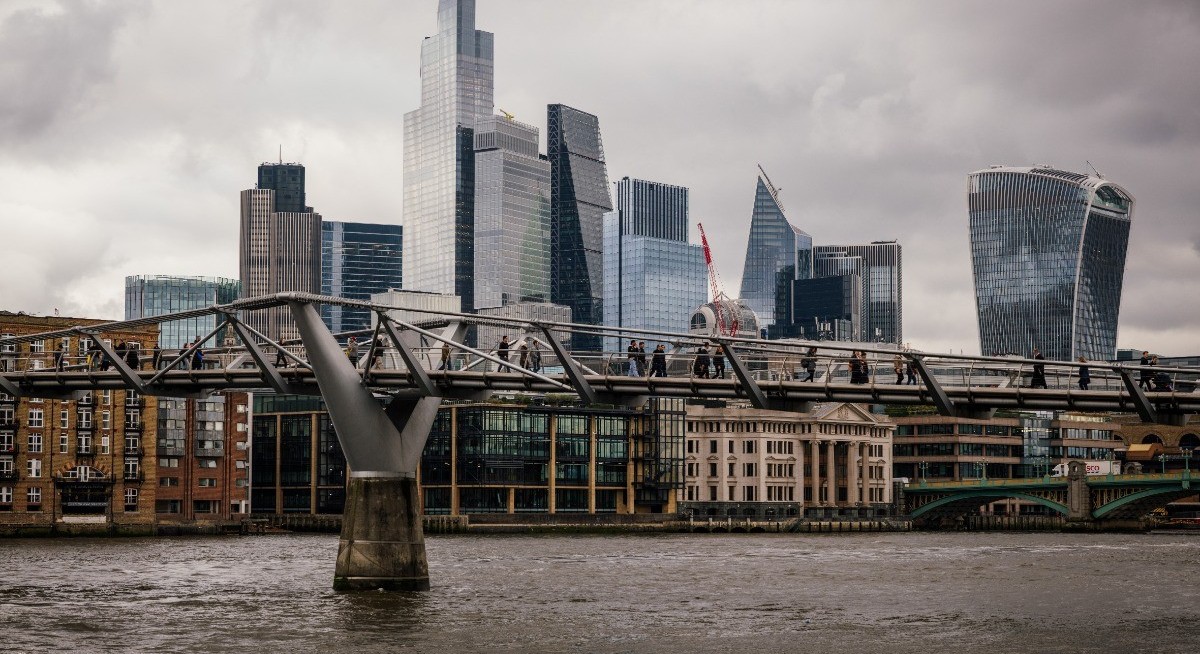Kyle was speaking ahead of a make-or-break budget on Wednesday, when Chancellor of the Exchequer Rachel Reeves is expected to announce a package of about £30 billion (US$39 billion or $51.25 billion) of tax rises and spending restraint to stabilise Britain’s public finances. It follows her inaugural budget last year where she increased taxes significantly on businesses and abolished the so-called non-dom status, moves that angered chief executive officers and spurred a wealth exodus.
Kyle also apologised for the intense period of pre-budget tax speculation in recent weeks, which has coincided with a downturn in business sentiment and investment.
“What I can apologise for is the fact that there has been so much speculation,” Kyle said in a separate interview on Times Radio on Monday. “I understand that it’s a distraction.”
Reeves is expected to raise a number of smaller taxes, after deciding that a hike to income tax risked too much of a political backlash. Labour promised not to increase the main taxes on working people ahead of its 2024 election victory.
See also: UK's 4Q growth disappoints as services stagnate
These expected new levies have been widely reported to include a freeze on income tax and national insurance thresholds for two more years, a new per-mile tax on electric vehicle usage, a gambling tax and a so-called mansion tax. The Times newspaper in London reported that an increased council tax rate would apply to properties worth over £2 million.
Rain Newton-Smith, the CEO of the Confederation of British Industry (CBI), warned Reeves against raising lots of smaller taxes, however, saying it would be preferable to go for one or two broad tax increases.
Reeves should avoid “death by a thousand taxes”, Newton-Smith is due to say in her keynote speech at the CBI’s annual conference in London on Monday, according to pre-briefed remarks from her office. “Twenty bad choices don’t make a good system.”
See also: Starmer vows to fight on as PM after second top aide resigns
Energy
Kyle will also speak at the CBI’s conference, announcing plans to cut energy bills by 25% for more than 7,000 manufacturers beginning in 2027. The programme will apply to eligible businesses in high-growth sectors such as the automotive, aerospace and chemical industries, he is due to say.
“In recent years, our most promising innovators and industries have been hamstrung by some of the highest electricity prices in the Group of Seven and poor access to finance,” Kyle said. “That’s been a drag anchor on growth. A drag anchor on innovation.”
He will also unveil a strategy to ensure the government-owned British Business Bank can invest larger amounts in domestic scale-ups.
The Treasury announced a series of giveaways over the weekend, as Reeves looks to convince voters that her budget will help with their living costs. It will freeze rail fares and include a package to help reduce household energy bills and food prices. UK inflation fell for the first time in seven months in October.
Reeves vowed to “grip inflation” in a weekend piece for The Sunday Times. “At the budget I will take direct action to ease the cost of living for all households,” she said.
Pensioners will receive an above-inflation pay rise, amounting to an uplift of more than £550 a year and the two-child benefit cap will be lifted at the cost of £3 billion, to help tackle child poverty. The giveaways come alongside a pledge to save an additional £1.2 billion by reducing fraud in the welfare system by 2031.
To stay ahead of Singapore and the region’s corporate and economic trends, click here for Latest Section
Political peril
The Labour government, which has suffered a sharp decline in support over the past year, is also hoping such measures will appeal to voters as well as its left-wing support base, which has been urging more policies to tackle child poverty and the cost of living.
Reaction to the budget is likely to prove critical for Labour’s political fortunes, as it looks set to suffer heavy losses at local elections in May next year.
Reeves also intends for such giveaways to offset less popular measures expected like freezing tax thresholds and capping the tax-free amount people can invest in their pension pot. The Telegraph on Sunday also reported that Reeves is likely to increase alcohol duty by more than 4%.
Uploaded by Tham Yek Lee




